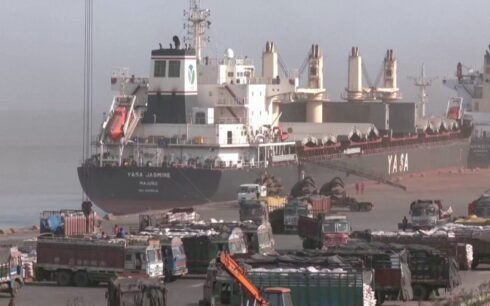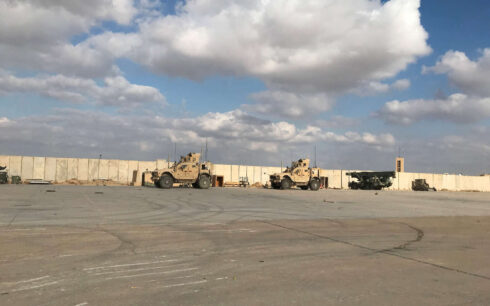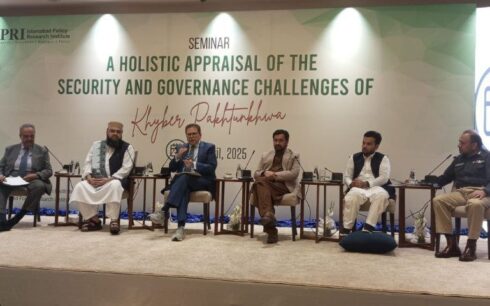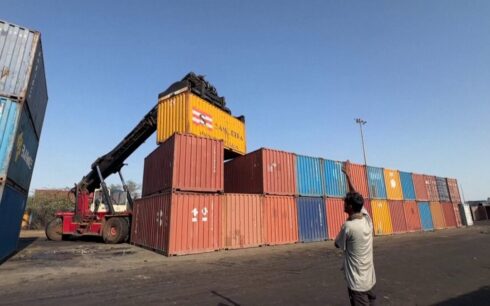DHAKA, Bangladesh — Soldiers patrolled the deserted streets of Dhaka on Saturday, enforcing a curfew intended to quell deadly student-led protests against government job quotas that have claimed at least 105 lives this week.
Internet and text message services have been suspended since Thursday, effectively cutting off Bangladesh from the outside world as police crack down on protests that persist despite a ban on public gatherings. Overseas telephone calls have largely failed to connect, and the websites and social media accounts of Bangladesh-based media organizations have remained inactive.
In addition to the fatalities, thousands have been injured in the clashes, according to data from hospitals across the country. Dhaka Medical College Hospital reported receiving 27 bodies between 5 p.m. and 7 p.m. on Friday.
For five days, police have fired tear gas and deployed sound grenades to disperse protesters, who have responded by throwing bricks and setting vehicles on fire. The demonstrations — the largest since Prime Minister Sheikh Hasina was re-elected for a fourth term this year — have been fueled by high unemployment among young people, who comprise nearly a fifth of the South Asian nation’s 170 million people.
With the death toll rising and police unable to contain the unrest, Hasina’s government imposed a national curfew and deployed the military. The curfew was eased for two hours on Saturday to allow people to shop for supplies and attend to other chores, according to television reports. It is set to last until 10 a.m. on Sunday, when the government will reassess the situation and decide on the next steps.
Television footage showed army personnel inspecting identification cards at various checkpoints for those venturing out.
The nationwide protests erupted over student anger at the reinstatement of controversial quotas for government jobs, including 30 percent reserved for the families of those who fought for independence from Pakistan. Hasina’s government had abolished the quota system in 2018, but a court reinstated it last month. The state has appealed the reinstatement, and the Supreme Court has suspended it for a month, pending a hearing on Aug. 7.
In the Narsingdi district of central Dhaka, protesters stormed a jail on Friday, freeing over 850 inmates and setting fire to the facility, according to TV reports citing police. Scattered incidents of arson were also reported on Saturday.
Prime Minister Hasina has canceled planned visits to Spain and Brazil due to the unrest, AFP reported, citing her press secretary.
Many opposition leaders, activists, and student protesters have been arrested, according to Tarique Rahman, the exiled acting chairman of the main opposition Bangladesh Nationalist Party. Protesters reported that Nahid Islam, a leading coordinator of the student agitation, was arrested at 2 a.m. on Saturday. Reuters could not independently verify the arrests.
International rights groups have criticized the internet suspension and the actions of security forces. The European Union expressed deep concern over the violence and loss of life.





